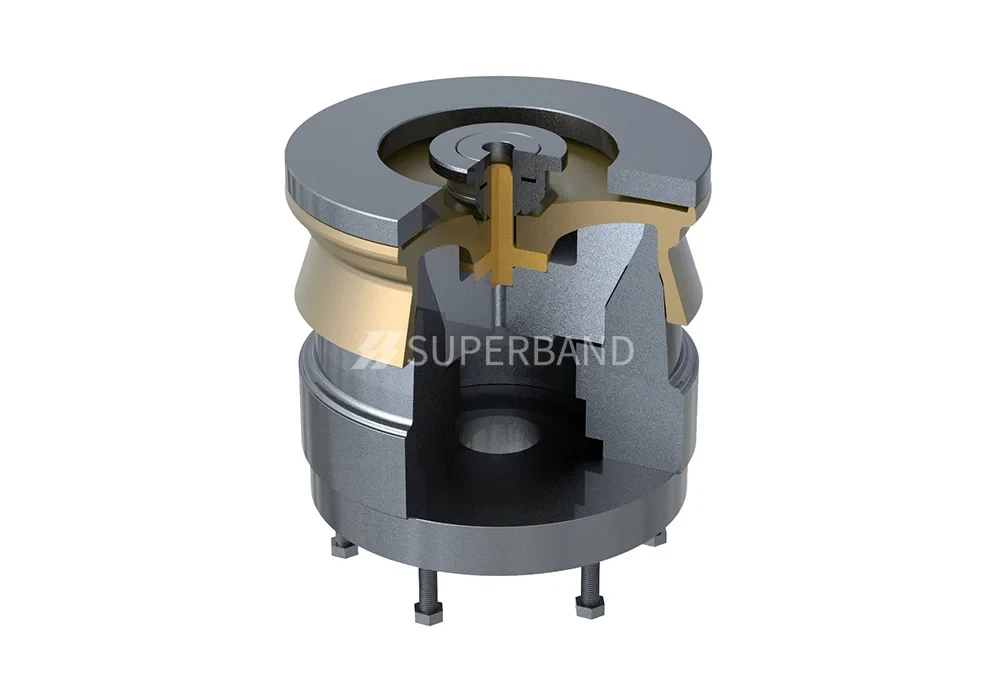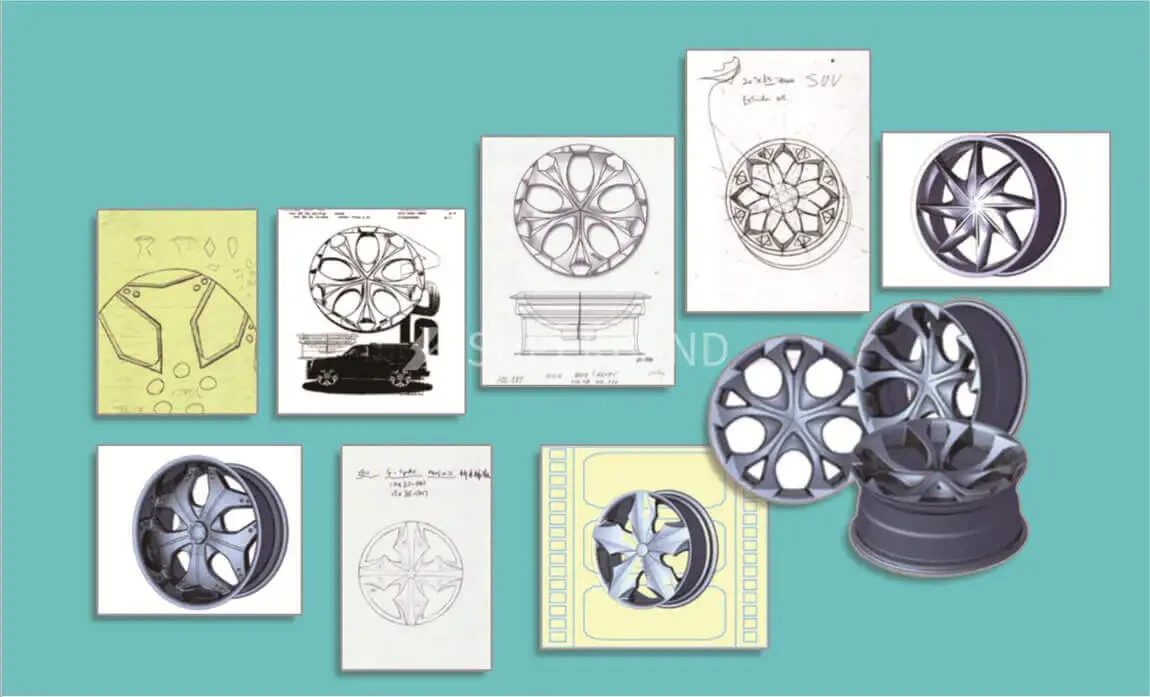2023-05-03
One of the most significant advantages of flow forming casting aluminum auto wheel mold is the production of lighter wheels that offer improved performance and handling.
Flow forming casting is a manufacturing technology that involves the use of a precision wheel spinning machine to form the outer rim of a wheel while applying high pressure and heat. In contrast, traditional casting methods involve pouring molten aluminum into a mold to create a wheel shape.
One of the primary benefits of flow forming casting technology is the ability to create wheels that are significantly lighter than those produced through traditional casting methods.
This is because the flow forming process uses less material to create the wheel, resulting in a thinner, lighter rim. Additionally, the process alters the grain structure of the aluminum, making it stronger and more durable, allowing for a thinner and lighter rim while maintaining the wheel's strength.
Another factor that contributes to the weight savings of flow-formed wheels is the ability to use a smaller amount of material while maintaining the same level of strength and durability.
The flow forming process applies high pressure and heat to the aluminum, altering its grain structure and redistributing the material's molecular density, resulting in a stronger and more durable wheel. This strength allows manufacturers to produce a thinner and lighter rim without sacrificing the wheel's performance or safety.

In addition to the weight savings offered by flow-formed wheels, there are several other benefits of using this manufacturing technology for wheel production.
These benefits include:
● Improved durability: The flow forming process results in a stronger and more durable wheel, making it ideal for use in harsh environments or high-performance applications.
● Greater design flexibility: Flow-formed wheels allow for greater design flexibility, with manufacturers able to create a wider range of sizes and styles than with traditional casting methods.
● Improved performance: Lighter wheels improve the car's performance, including acceleration, handling, and braking.
● Cost-effective: While flow-formed wheels may be more expensive to produce than traditionally cast wheels, the cost savings from improved fuel efficiency and reduced maintenance costs make them cost-effective in the long run.
● Reduced carbon footprint: The flow forming process uses less material and energy than traditional casting methods, resulting in a reduced carbon footprint.
● Customization options: Flow-formed wheels offer greater customization options, with manufacturers able to create custom finishes and colors to meet the demands of car enthusiasts.

While flow-formed wheels offer numerous advantages over traditionally cast wheels, it is important to note that the technology is not suitable for every application.
For example, the flow forming process may not be ideal for producing large, heavy-duty wheels used in commercial trucks or off-road vehicles. In these cases, traditional casting methods may be more suitable.
In conclusion, flow-formed wheels are significantly lighter than traditionally cast wheels of the same size and width, offering improved performance, handling, and fuel efficiency. The flow forming process also results in a stronger and more durable wheel while offering greater design flexibility, customization options, and cost savings in the long run.
While they may come at a slightly higher cost than traditionally cast wheels, the many benefits they offer make them a worthwhile investment for any car enthusiast looking to enhance their driving experience.